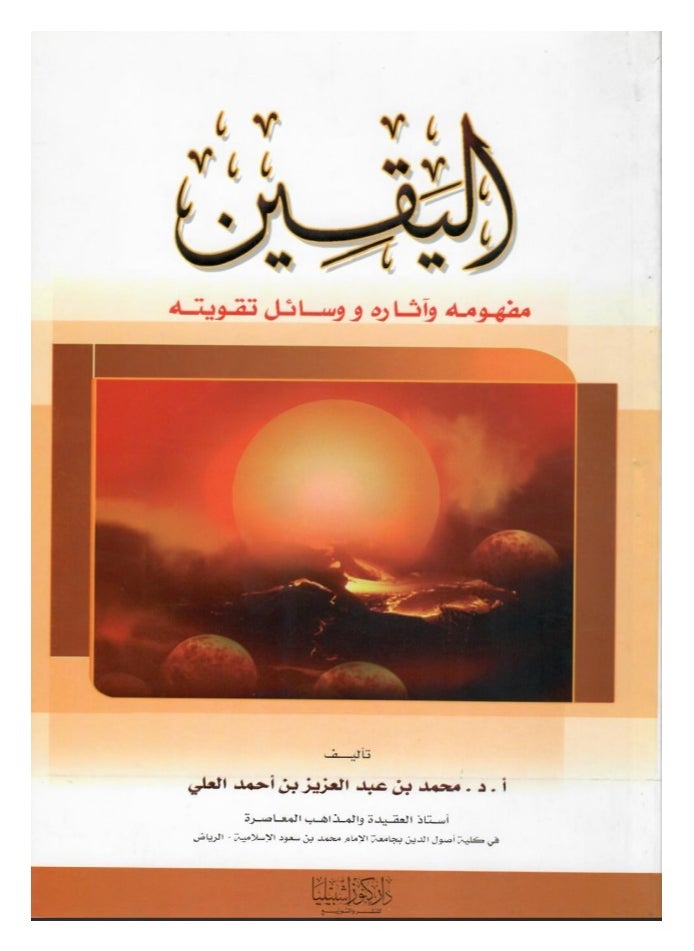English
- استرجاع مجاني وسهل
- أفضل العروض
1
متوفر قريبا
المواصفات
| الناشر | SAGE Publications Inc |
| رقم الكتاب المعياري الدولي 13 | 9781412948579 |
| رقم الكتاب المعياري الدولي 10 | 1412948576 |
| اللغة | الإنجليزية |
| Language | اللغة الإنجليزية |
| وصف الكتاب | Qualitative researchers have long made use of many different interview forms. Yet, for novice researchers, making the connections between "theory" and "method" is not always easy. This book provides a theoretically-informed guide for researchers learning how to interview in the social sciences. In order to undertake quality research using qualitative interviews, a researcher must be able to theorize the application of interviews to investigate research problems in social science research. As part of this process, researchers examine their subject positions in relation to participants, and examine their interview interactions systematically to inform research design. This book provides a practical approach to interviewing, helping researchers to learn about themselves as interviewers in ways that will inform the design, conduct, analysis and representation of interview data. The author takes the reader through the practicalities of designing and conducting an interview study, and relates various forms of interview to different underlying epistemological assumptions about how knowledge is produced. The book concludes with practical advice and perspectives from experienced researchers who use interviews as a method of data generation. This book is written for a multidisciplinary audience of students of qualitative research methods. |
| المراجعة التحريرية | This new revised edition includes a new chapter on placements and more thoroughly considers the role and place of multi-agency working...Chapter 4 is particularly useful and provides an excellent discussion on making informed judgements in professional practice...Overall the book is comprehensive in its coverage of core skills and very accessible for students. It captures the challenges faced by Early Childhood students well and emphasises the importance of making and justifying professional decisions. There is also a comprehensive list of further reading and resources which will undoubtedly be useful for both new and final year students' - ESCalate '[This book] is a great guide to read prior to beginning a course and will help prepare students not only for studying childhood at degree level, but also for writing assignments and carrying out research projects too. It even offers advice on career opportunities and 'next steps' after completing a course' - Nursery Education PLUS 'I think this is an excellent book for childhood and early childhood students, and I can't recommend it highly enough. The authors have captured precisely the challenging issues for students, and this book really helps to develop students' understanding of the importance of knowledge and judgement in their future work with children' - Elise Alexander, Principal Lecturer in Early Childhood Studies, Roehampton University |
| عن المؤلف | Kathryn Roulston is Professor in the Qualitative Research Program in the College of Education at the University of Georgia in Athens, Georgia. Her research interests include qualitative interviewing and analyses of talk-in-interaction. She is author of Reflective Interviewing: A Guide to Theory and Practice (2010) and has contributed chapters to several SAGE handbooks and articles to Qualitative Research, Qualitative Inquiry, International Journal of Qualitative Methods, Qualitative Research Journal, and International Review of Qualitative Research, among others. Her edited book, Interactional Studies of Qualitative Research Interviews (2019), is published by John Benjamins. |
| تاريخ النشر | 40229 |
| عدد الصفحات | 216 |
Reflective Interviewing: A Guide To Theory And Practice Paperback English by Kathryn Joy Roulston - 40229
تمت الإضافة لعربة التسوق
مجموع السلة 0.00 ر.س.




























































































































